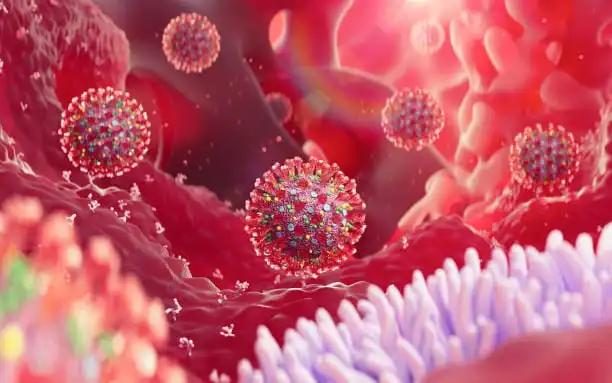KEY TAKEAWAYS
- The study aimed to investigate the incidence and clinical presentation in patients with AKI receiving ICI.
- Researchers noticed that AKI from ICI varies in presentation and may require personalized treatment; further investigation is ongoing.
Acute kidney injury (AKI) is a recognized complication associated with immune checkpoint inhibitor (ICI) therapy. In this study, they described a series of patients, predominantly those diagnosed with lung adenocarcinoma, who developed AKI during the course of their treatment with ICI. The series highlights the varied clinical presentations of AKI in these patients and explores the therapeutic approaches undertaken to manage this complication.
Ramya Muddasani and the team aimed to assess the incidence, clinical characteristics, and outcomes of AKI in patients undergoing ICI therapy, with a focus on understanding the risk factors and potential strategies for personalized management.
They performed an inclusive analysis of a retrospectively collected clinical case series involving 6 patients treated at the City of Hope Comprehensive Cancer Center. The study gathered data on patient demographics, including gender, age, ethnicity, comorbidities, and concomitant medications, as well as details about the type of malignancy, treatments received, and renal function.
All patients underwent renal biopsy to classify the mechanism of AKI. Additionally, comprehensive genomic profiling (CGP) was conducted on tumor tissue from all patients to explore potential genetic contributors to their conditions.
About the results, patterns of AKI identified included acute interstitial nephritis and acute tubular necrosis. Contributing factors to AKI were the use of concomitant medications known to induce renal injury. All but 2 patients experienced full resolution of AKI following steroid treatment.
CGP revealed several notable mutations, including an Exon 20 insertion and multiple NF1 and TP53 mutations. High PD-L1 expression was observed in tumor tissue from 2 out of the 6 patients. Additionally, some patients exhibited proteinuria, with biopsies showing glomerular lesions consistent with minimal change disease and focal and segmental glomerulosclerosis.
The study concluded that AKI resulting from ICI presents with varying clinical manifestations, necessitating an individualized treatment approach for optimal management. It highlights the importance of further research to identify biomarkers that could predict those at risk for AKI and assist in guiding treatment strategies for affected patients.
The study received open-access funding provided by SCELC, Statewide California Electronic Library Consortium.
Source: https://pubmed.ncbi.nlm.nih.gov/39105812/
Muddasani R, Talwar N, Mambetsariev I, et al. (2024). “Clinical features associated with immune checkpoint inhibitor nephritis: a single-center clinical case series.” Cancer Immunol Immunother. 2024 Aug 6;73(10):200. doi: 10.1007/s00262-024-03775-6. PMID: 39105812.



